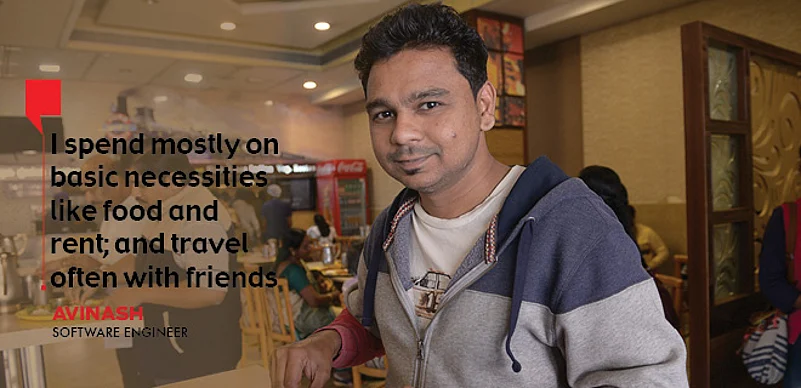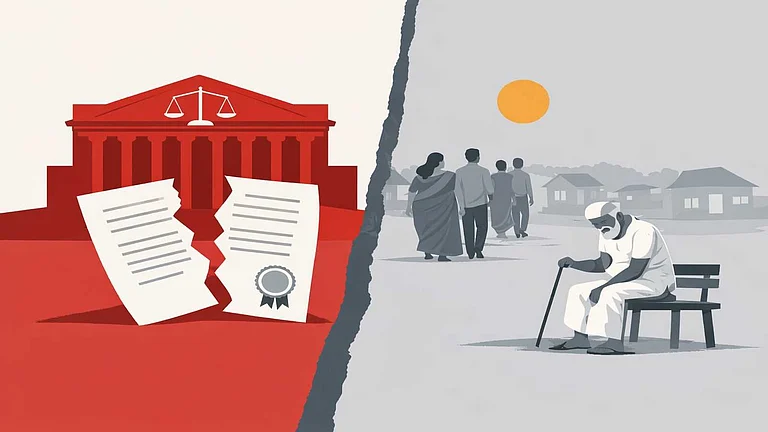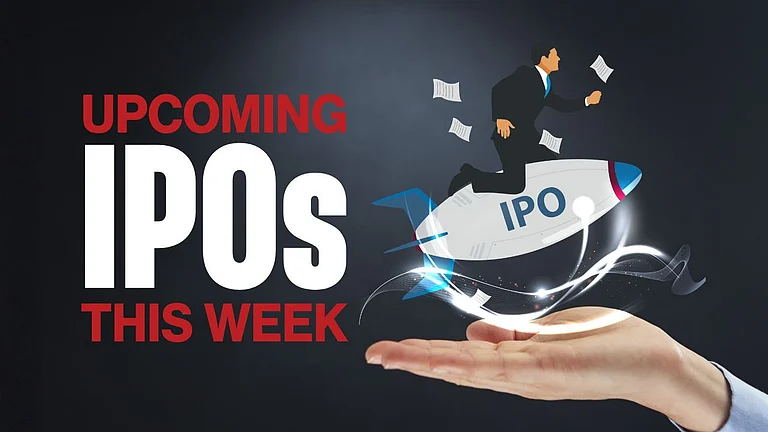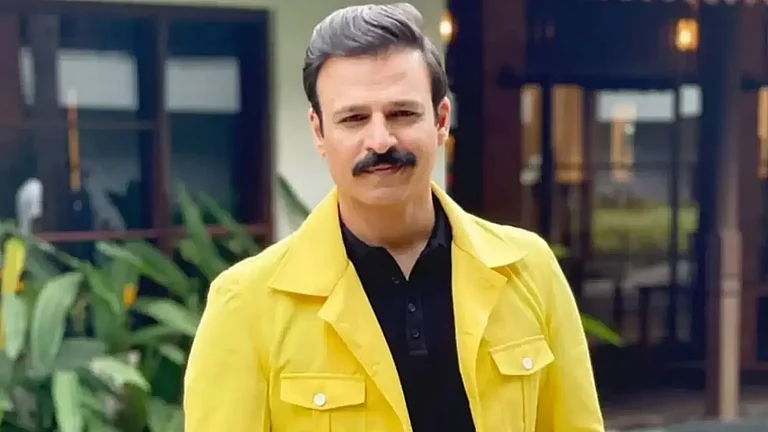Money matters. Or does it really? Outlook Money brings to you this series through which we explored the under 35's take on money matters. Every generation has its share of distinct events that later gets recounted. Those from the early 1990s India had consumer durables as their object of desire. By the end of that decade and turn of the millennium, fancy cars had taken that place. Gen Z has grown up in a time of rapid change, giving them a set of priorities and expectations sharply different from previous generations. Demographically speaking, those under 25 comprise 50 million of India’s population. This is more than that of the total population of Brazil, Russia, Germany and Canada combined. Being personal finance specialists, it was only natural that we at Outlook Money got curious to investigate what Gen Z thinks about money.
Money is just a tool
Avinash, a software engineer based in Bengaluru says that to him money is a necessity as the system demands it and the world thrives on it. Even as a child he was a computer whizkid and was able to get into a profession he is most passionate. He confesses that he can speak java but when it comes to money, he is no genius. However, he tries to stick on to his policy- earn more than you spend.
Leaving his fancy job at a leading multi-national company (MNC), he joined another MNC, which though pays lesser, is a comparatively more stable company in the market. Like most young professionals, Avinash too is living alone in a city away from his hometown in Kerala and spends mostly on basic necessities like food and rent. The other main expense is travel, which he does so often with his friends.
Avinash’s life is about to go through a major change. He and his fiancée, Henna, are planning to get married this year. For starters this would mean that he would have to prepare for a new accommodation. He is currently living in an apartment with his bachelor friends but will have to start looking for a rented accommodation before he embarks on his new married life. While Avinash understands that his financial responsibilities are going to drastically increase in the next couple of months, he is yet to start investing.













